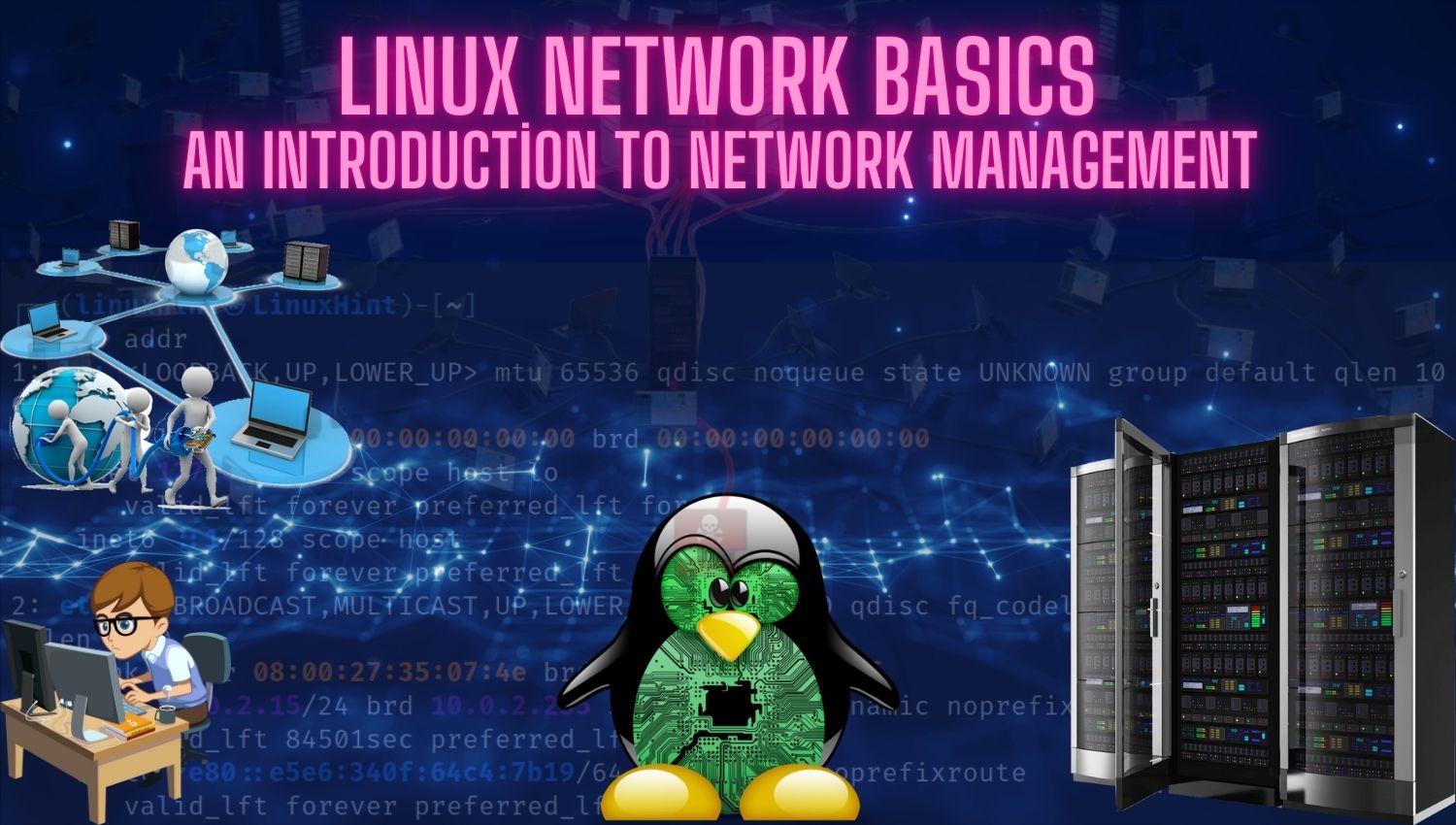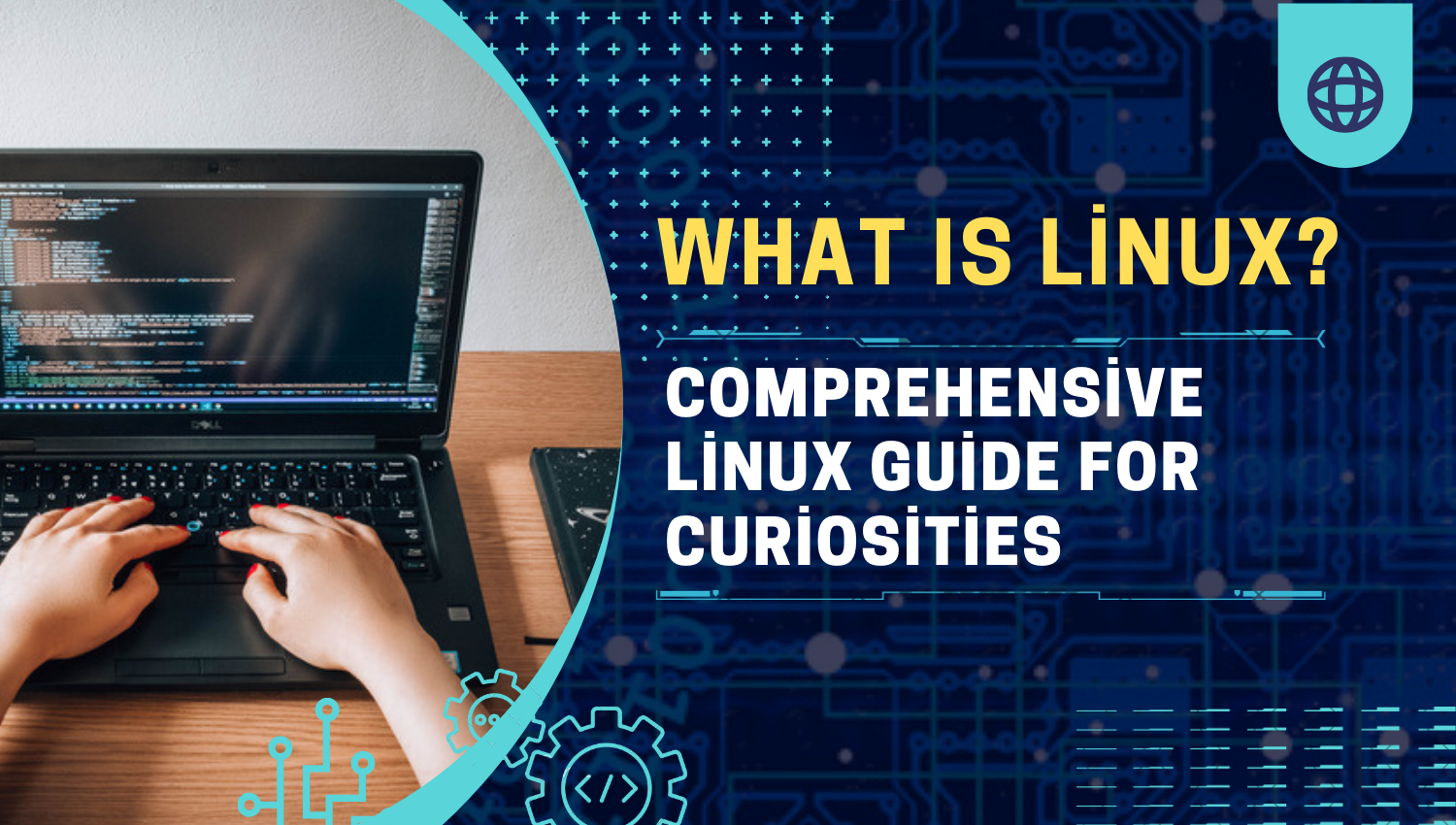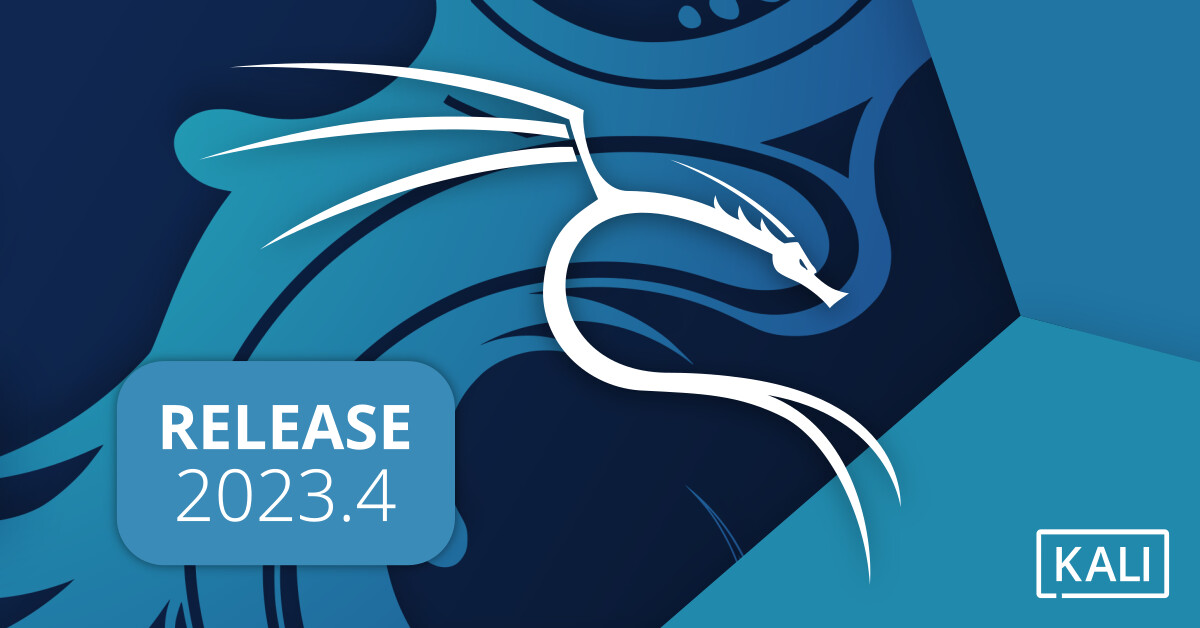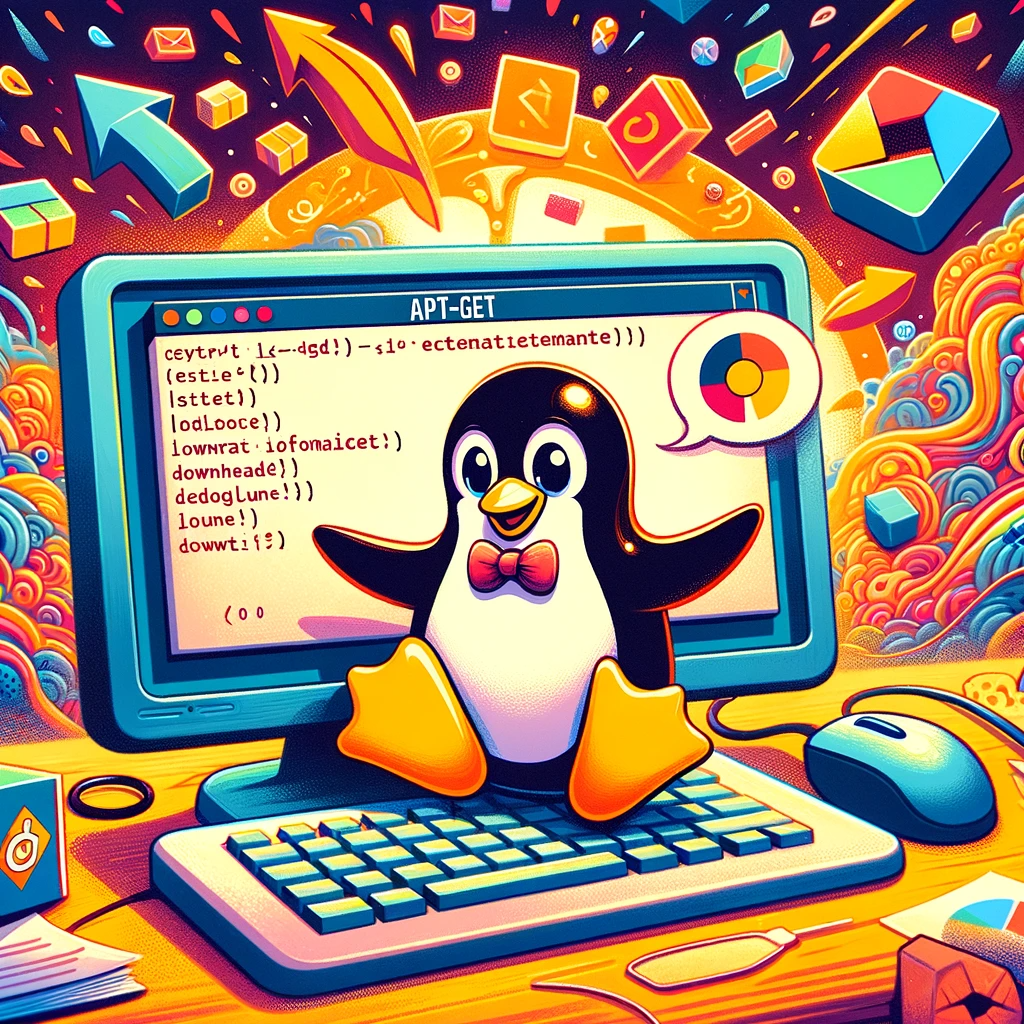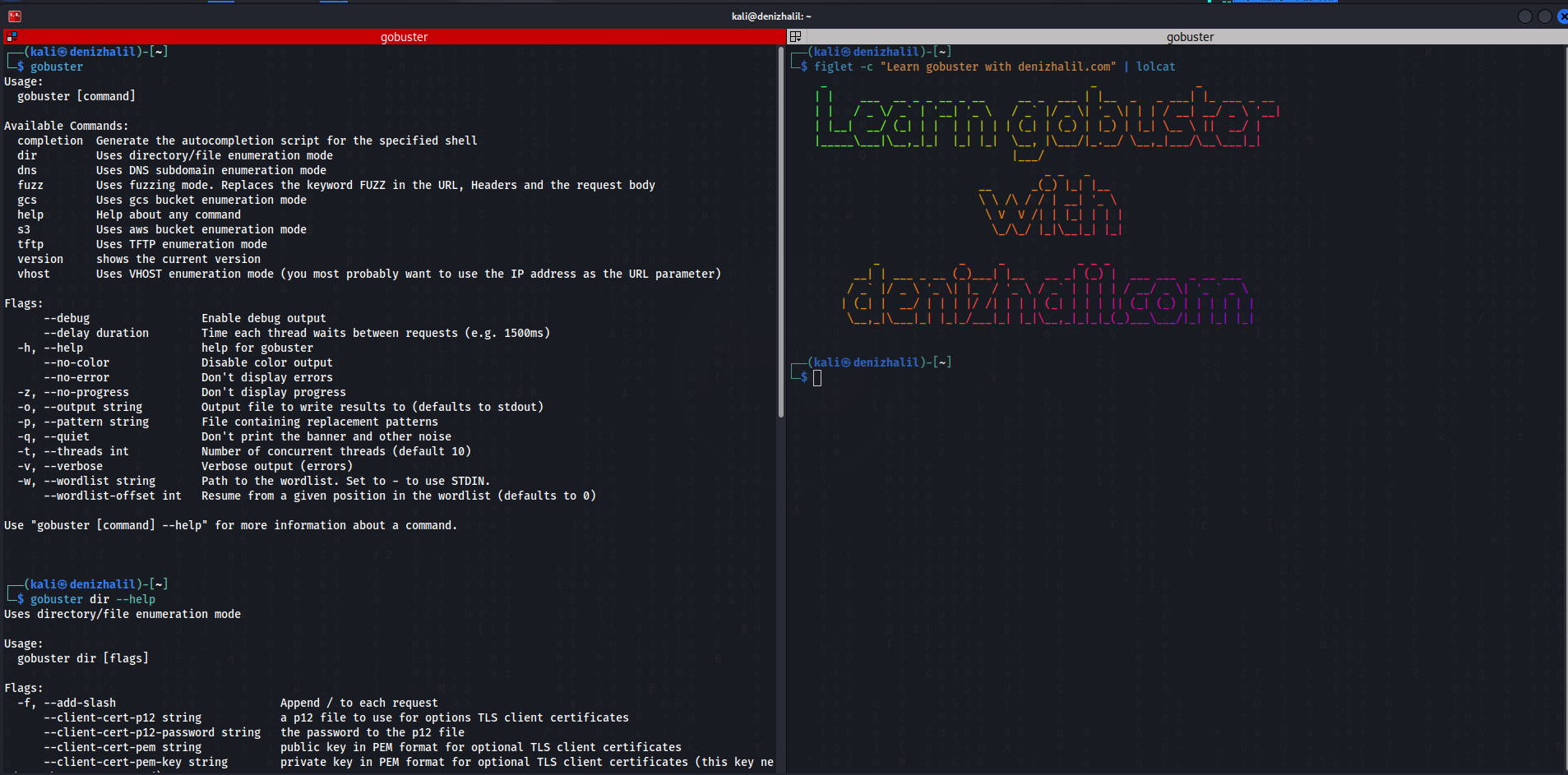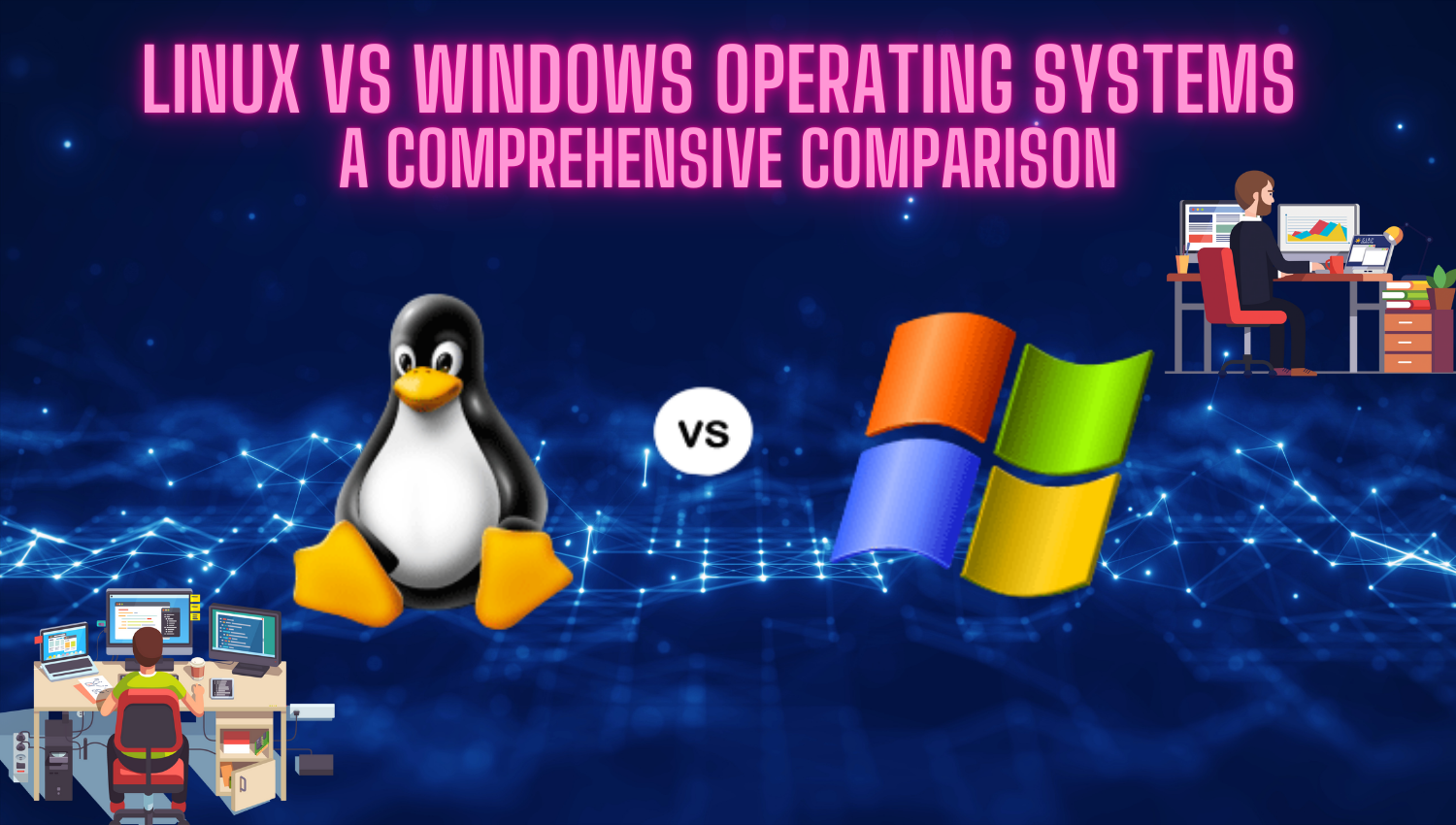Mastering the Linux Terminal: From Basics to Advanced Commands
Introduction Linux is one of the most powerful and versatile operating systems, widely recognized for its flexibility, security, and open-source nature. It’s used by individuals, developers, and enterprises alike, powering everything from personal devices to large-scale data centers. One of the defining features of Linux is its terminal, a command-line interface that offers users complete control over their system. This article aims to provide an


